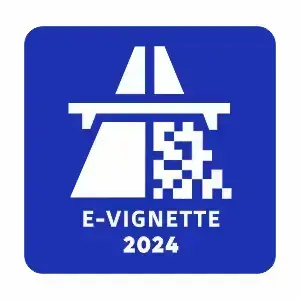A European country is building a new highway in the hope that it will create a stronger connection with the European Union in the future. It is one of Bosnia-Herzegovina's largest infrastructure projects in the Western Balkans. The Vc road corridor will connect the Croatian port of Ploče with Sarajevo, the capital of Bosnia and Herzegovina, and other industrial cities along the north-south route. This route not only connects areas in the immediate vicinity of the country, but also provides Bosnia and Herzegovina with better connectivity opportunities with the entire Balkan region and thus more favorable conditions for access to European markets. The plan to develop the public road began more than twenty years ago, but there have been significant delays, and not once. Currently, the construction of slightly more than 50 km of the planned 337 km long highway is underway. The cost of the Vc corridor is expected to reach an impressive €4.4 billion, contributed by various organizations.
The EU provided support of more than 871 million euros for the project, while the European Investment Bank and the European Bank for Reconstruction and Development both provided approx. He gave a loan of 1 billion euros. Approval of EU grants can take years, which contributes to project delays. Nevertheless, according to Ferdinand König, head of communications at the EU delegation in Bosnia and Herzegovina in Sarajevo, the highway is expected to be completed by 2030. The need for the highway can be attributed to the fact that more and more European companies are opening production plants in Bosnia due to low labor costs, but inadequate infrastructure hinders the smooth delivery of products to European countries. According to Bosnia-based NCMC, the world's leading supplier of warehouse equipment and intelligent storage solutions, there are many challenges due to the condition of local roads. Bosnia is not a member of the European Union, which means additional obstacles for the delivery of goods. According to locals, the highway would be beneficial to the country's economy, as crossing the EU's external borders is currently causing delays for the workforce.



 Deutsch (DE)
Deutsch (DE)
 Greek (GR)
Greek (GR)
 Italiano (IT)
Italiano (IT)
 Magyar (HU)
Magyar (HU)
 Polski (PL)
Polski (PL)
 Română (RO)
Română (RO)
 Slovensky (SK)
Slovensky (SK)
 Slovenščina (SL)
Slovenščina (SL)
 Türkçe (TR)
Türkçe (TR)
 Česká (CZ)
Česká (CZ)








